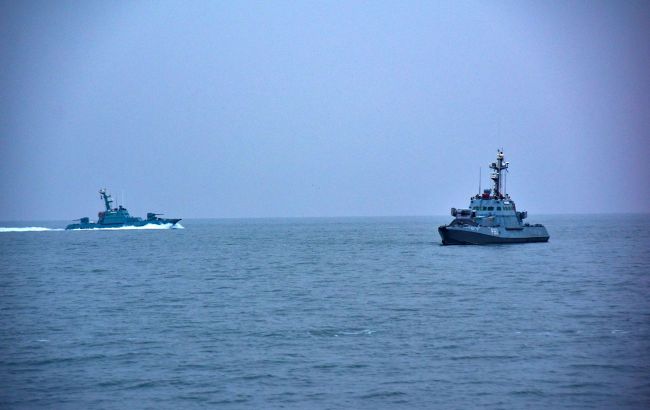Message to Moscow: UK deploys attack subs in major defense shift
 Photo: UK expands avy and munitions plants in response to Russian threat (Getty Images)
Photo: UK expands avy and munitions plants in response to Russian threat (Getty Images)
The UK plans to strengthen its defense with a new fleet of submarines and nuclear programs. Keir Starmer's government is set to announce a £15 billion investment in the defense industry and cybersecurity, says Bloomberg.
Britain is preparing a major message to Moscow as part of its new defense strategy. Prime Minister Keir Starmer has unveiled plans to expand the fleet of attack submarines and modernize nuclear weapons in response to threats from Russia.
The government will announce a £15 billion (approximately $20 billion) investment for the development of new warheads and the construction of up to 12 new submarines under the AUKUS partnership with the US and Australia.
These efforts are aimed at boosting the country's combat readiness and replacing the aging Astute-class submarines, but not before the late 2030s.
Defense Secretary John Healey emphasized that this strategic defense review is a clear "message to Moscow" about the UK's determination to resist Russian aggression.
According to him, the upgraded submarines and nuclear program will strengthen national security at home and reinforce the UK’s position abroad.
Additionally, the government plans to build six new ammunition factories to establish an "always on" industrial base, procure up to 7,000 long-range missiles, and invest in cybersecurity and auxiliary equipment. The defense secretary stated that the factories will open "very soon."
GDP increase
At the same time, the goal of spending 3% of GDP on defense after the next elections remains ambitious. The government does not currently plan to increase the size of the army before the new parliament, which has drawn criticism from the opposition.
This defense initiative comes after a period of underfunding, which has reduced the size of the British army to its lowest level since the Napoleonic era.
The rise in military spending coincides with budgetary pressures in the country, where many sectors are in need of funding.
Opposition politicians, including Conservative shadow defense minister James Cartlidge, have expressed doubts about the feasibility of the government's funding promises.
According to The Sunday Times, the Labour government also plans to purchase American fighter jets capable of carrying tactical nuclear weapons, implement new missile defense systems, and reestablish a domestic civil guard.
The shift in the UK’s defense policy comes amid pressure from the United States, where Donald Trump has been calling for NATO members to increase their defense spending.
Prime Minister Starmer has already announced plans to raise the defense budget to 2.5% of GDP by 2027.
NATO defense spending
After his inauguration, Donald Trump stated that NATO countries should raise their defense spending to 5% of GDP. According to him, this would be a fair approach to ease the financial burden on the United States.
The need to increase defense spending is also acknowledged in Europe. In early February, NATO Secretary General Mark Rutte stated that NATO would soon discuss raising defense spending to 3.5% of GDP.
Currently, each NATO country is required to spend 2% of its GDP on defense. According to Welt, Germany is barely meeting this quota, and seven EU countries - including Italy, Spain, Portugal, and Belgium - fall short of it.


